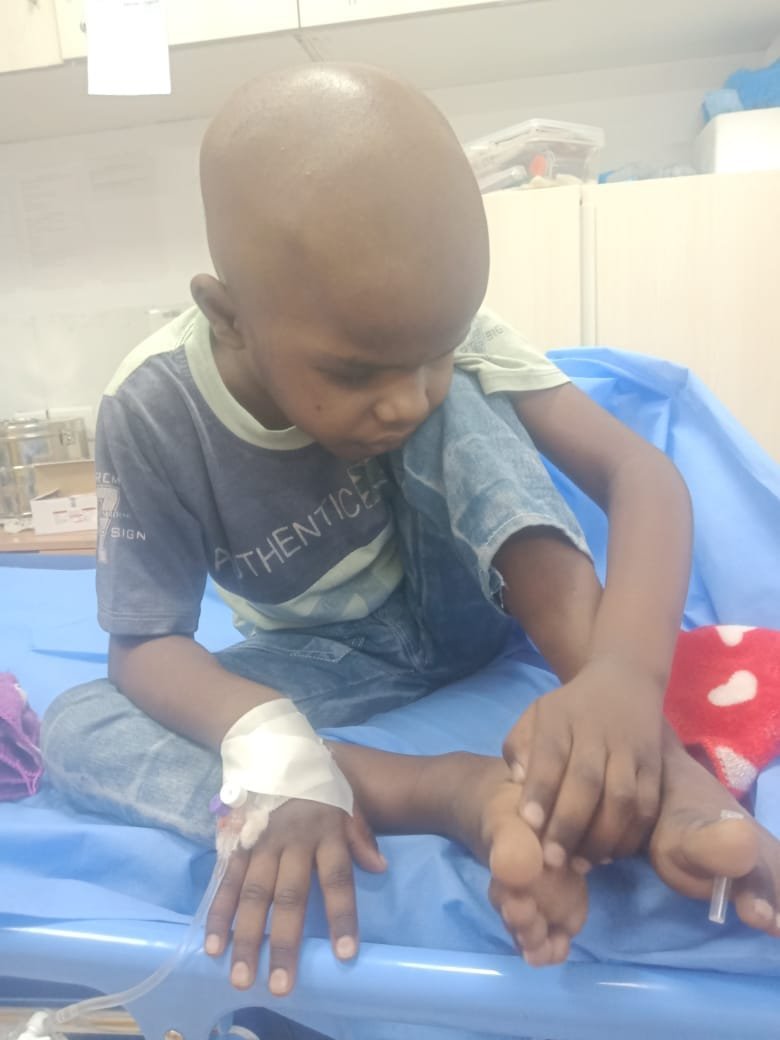Nourishing Lives, Transforming Communities
Nutrition and healthcare in a child’s development. A balanced diet provides the necessary nutrients for physical growth and cognitive function, while access to quality primary care ensures that any health issues are addressed promptly. Both elements contribute not just to a child’s physical well-being, but also to their emotional and mental health, setting the foundation for a healthier future. Ensuring children receive proper nutrition and care can significantly impact their overall quality of life and ability to thrive.
Malnutrition in India has adversely affected the lives of millions of children; it is home to 46.6 million stunted children, a third of the world’s total as per the Global Nutrition Report 2018.Health statistics of rural India continue to be poor, the health status and access to health for the poor in urban slum dwellers has surfaced to be equally deplorable and have less than 4% of government primary public health care facilities.
Uneducated parents in rural and urban areas belong to weaker sections they are unaware of the risk of lack of proper food. In India, there are so many families that can afford a 1-time meal for themselves.
- Education is fundamental for achieving full human potential, developing an equitable and just society, and promoting national development.

Project to Enhance Health and Nutrition of Rural Tribal Children :
Objectives:
Goals:
Improve Nutritional Knowledge:
Educate parents and caregivers about balanced diets, food groups, and nutritional needs specific to children.
Increase Access to Nutritious Food:
Establish community gardens and promote local food production to provide fresh fruits and vegetables.
Enhance Health Care Access:
Facilitate regular health check-ups and immunization drives in tribal areas. Provide training for local health workers on child nutrition and preventive care.
Promote Healthy Practices:
Introduce programs on hygiene, sanitation, and safe food preparation to prevent malnutrition-related diseases.
Monitor and Evaluate Health Outcomes:
Develop a system to track the nutritional status and health of children over time.
Reduce Malnutrition Rates:
Decrease the prevalence of undernutrition and stunting among rural tribal children by a specified percentage within a defined timeframe.
Enhance Educational Outcomes:
Improve school attendance and performance through better health and nutrition, aiming for increased enrollment and retention rates.
Empower Communities:
Foster community involvement and ownership in health and nutrition initiatives, leading to sustainable practices.
Strengthen Partnerships:
ollaborate with local governments, NGOs, and health organizations to create a comprehensive support system for child health.
Create Sustainable Change:
Establish long-term programs that continue to support the health and nutrition of children beyond the project's lifespan.
